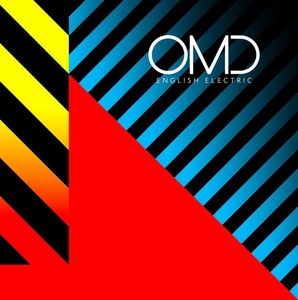
..:: audio-music dot info ::.. |
| A l b u m D e t a i l s |
 |
Label: | BMG Records |
| Released: | 2013.04.11 | |
| Time: |
43:05 |
|
| Category: | Synthpop | |
| Producer(s): | OMD | |
| Rating: | ||
| Media type: | CD |
|
| Web address: | www.omd.uk.com | |
| Appears with: | ||
| Purchase date: | 2014 | |
| Price in €: | 1,00 | |
| S o n g s , T r a c k s |
| A r t i s t s , P e r s o n n e l |
| C o m m e n t s , N o t e s |
| L y r i c s |
| M P 3 S a m p l e s |